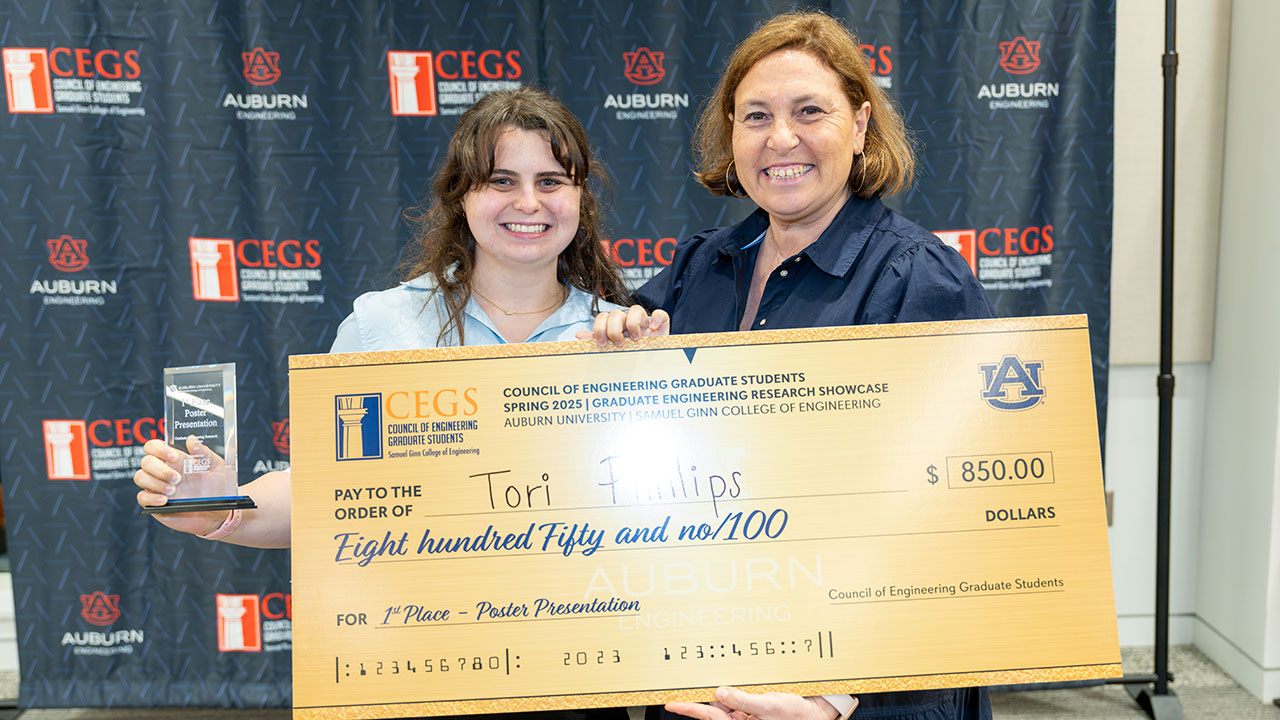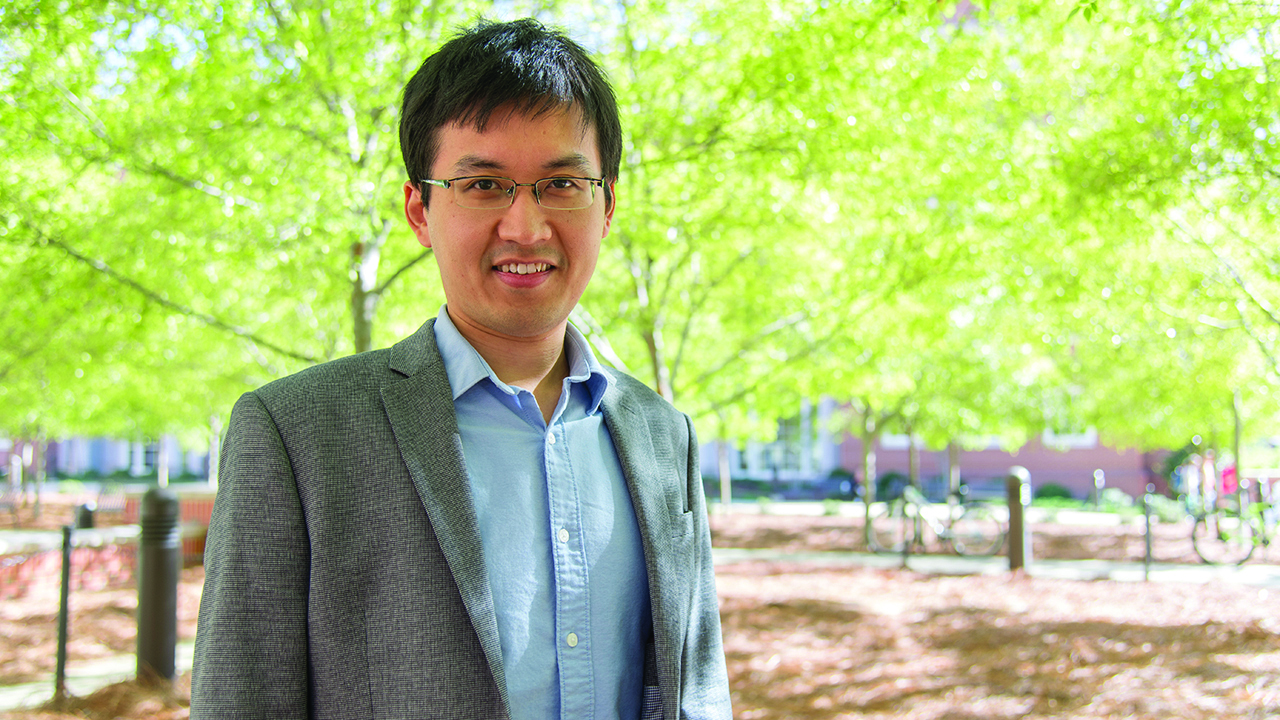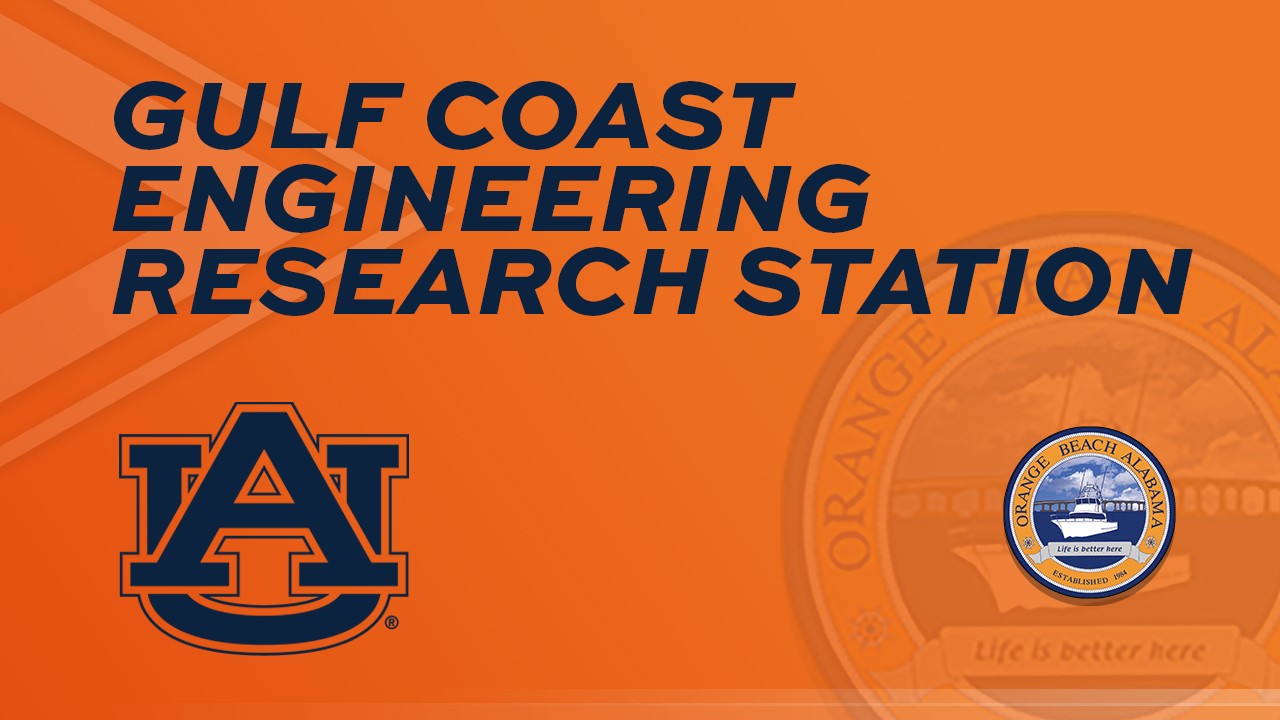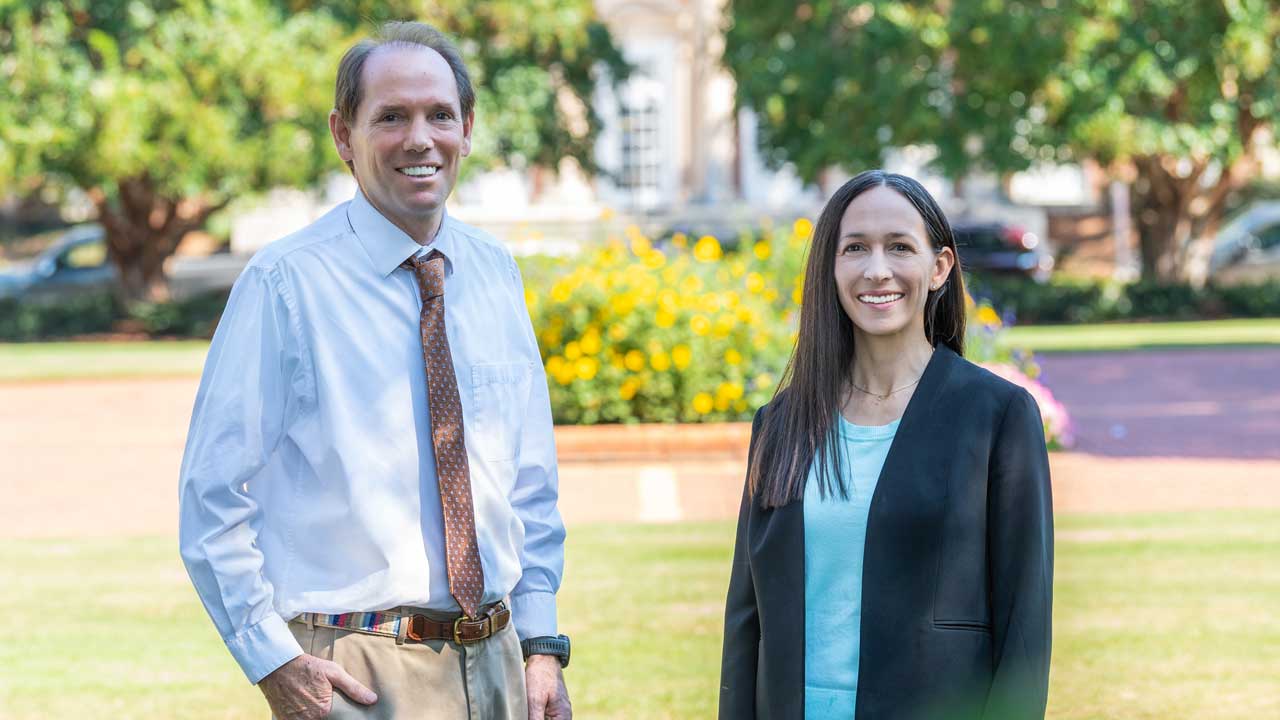The best student-centered engineering experience in America!
The Samuel Ginn College of Engineering is focused on providing the best student-centered engineering experience in America. We pride ourselves on providing hands-on, experiential learning opportunities for students both inside and outside the classroom. By providing a student-centered learning experience and high levels of engagement with faculty, we graduate engineers capable of addressing some of the world’s most pressing challenges in the engineering field.
Future Undergraduate
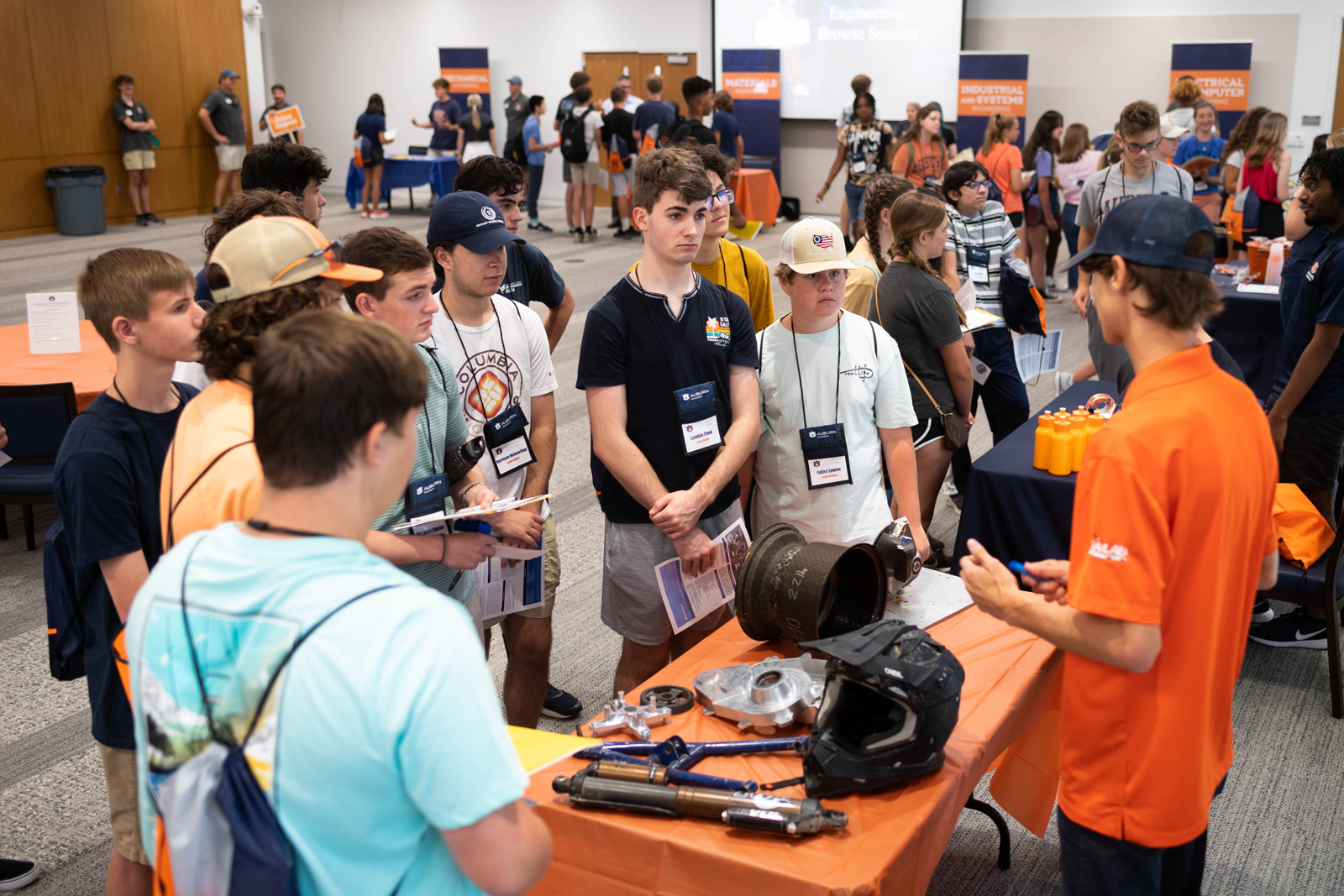
Your future starts in the Samuel Ginn College of Engineering. With 10 diverse, nationally-ranked programs you will embark on a path filled with opportunities and experiences that will make you proud to be an Auburn Engineer.
Current Undergraduate
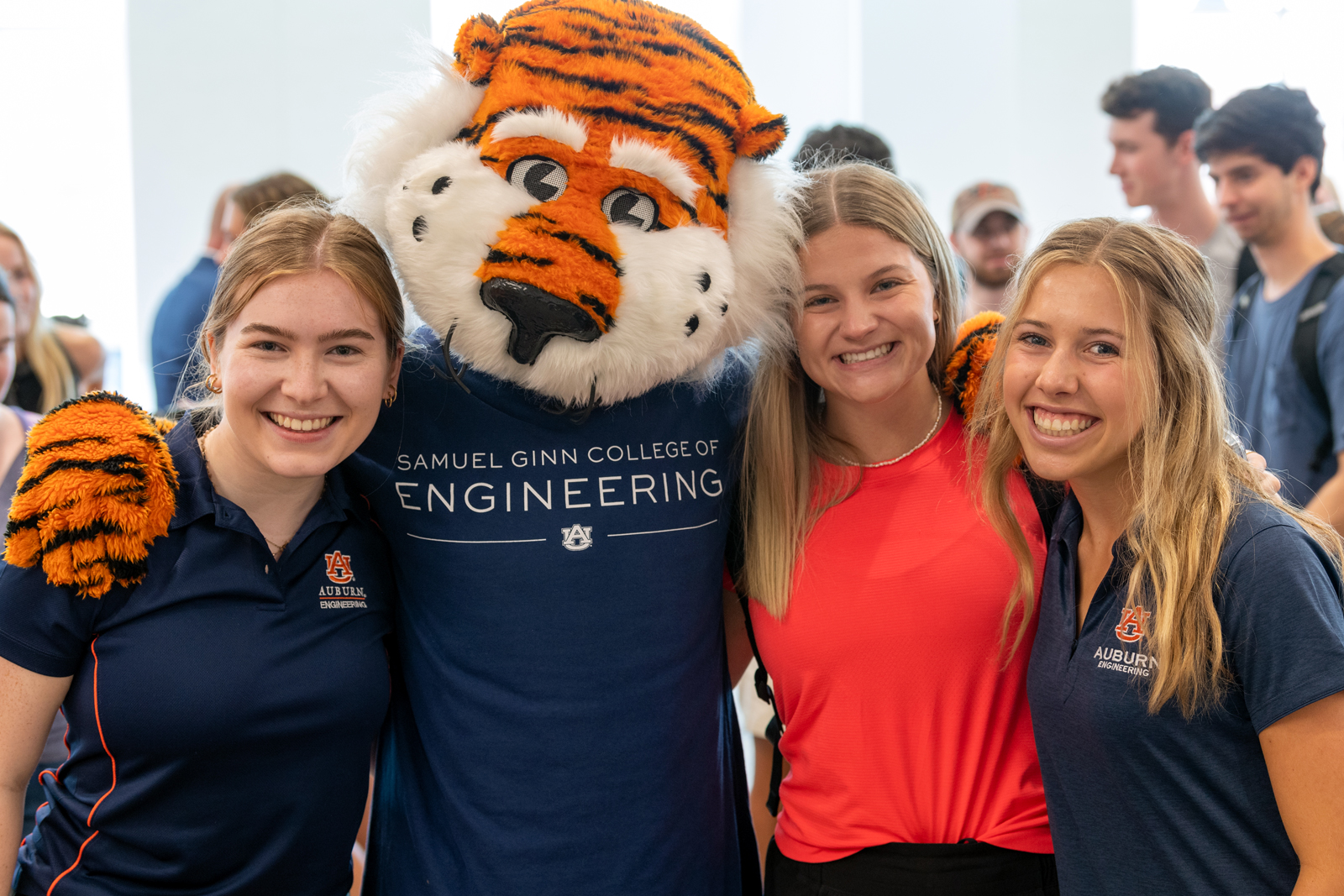
Discover the resources, and activities our college offers for the highest-quality engineering education. From our world-renowned faculty to our groundbreaking technologies, everything you need for success is at your fingertips.
Future Graduate Student
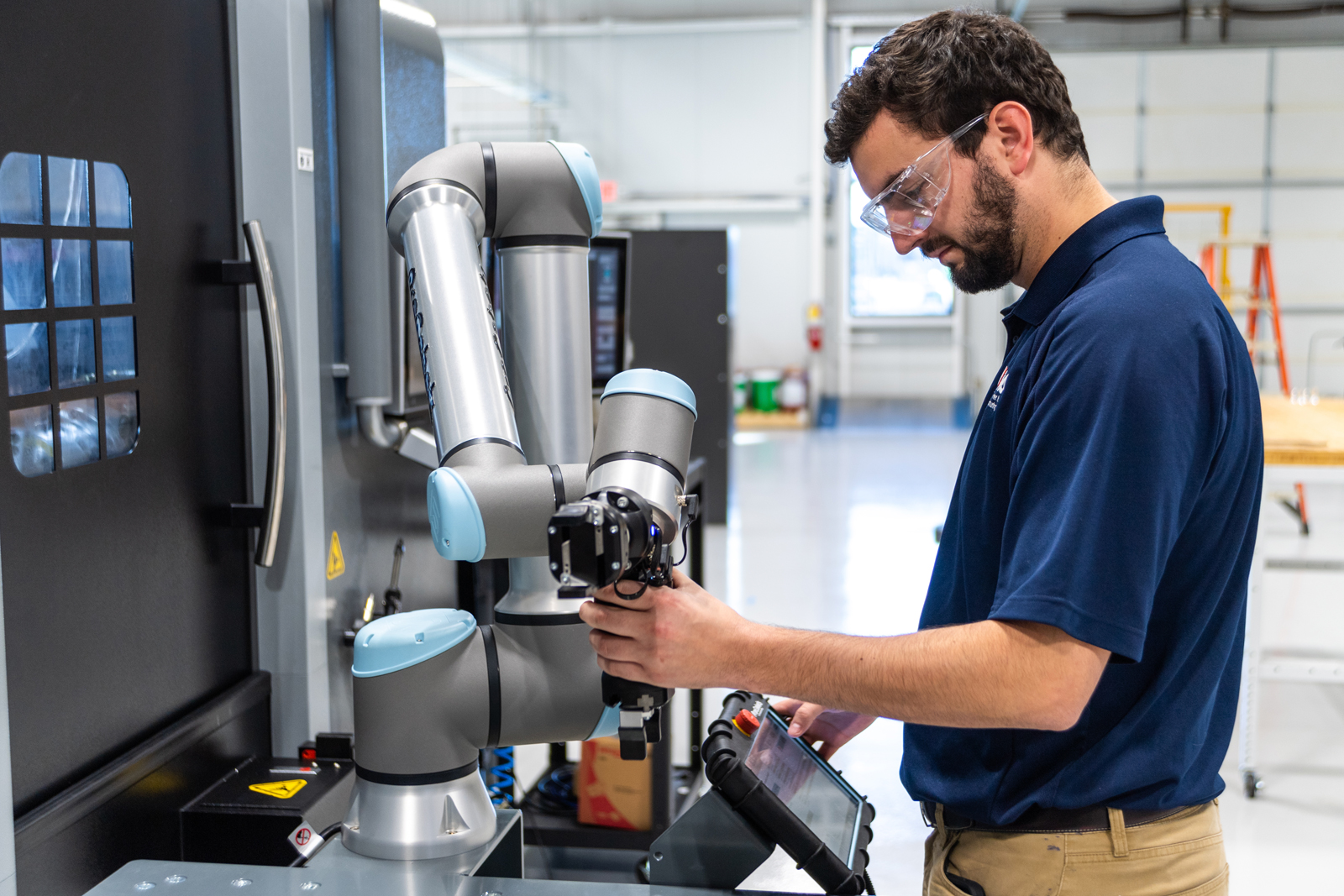
With an engineering foundation under your belt, our graduate program will connect you with your research interests to build upon your undergraduate momentum. We offer fellowships and real-world application for a successful graduate experience.
Future Online Student

With an engineering foundation under your belt, our graduate program will connect you with your research interests to build upon your undergraduate momentum. We offer fellowships and real-world application for a successful graduate experience.
Rankings
(U.S. News & World Report)
(U.S. News & World Report)
Research Areas
Our research is what drives us. We rank among the nation's top 50 in research expenditures and are committed to the discovery of new engineering technologies, concepts and processes. Our strategic areas of research include, but are not limited to:
Additive manufacturing, or 3-D printing, are redefining all aspects of our lives. Although additive manufacturing has been around for decades, technological advancements have led to new interest in this technology throughout the industry. Through a process involving fabricating components by joining materials such as plastics or metals layer-by-layer from a sliced 3-D computer-aided design model, Auburn engineers are examining how manufacturers can 3-D print complex components on site, thus reducing the supply chain, eliminating waste and maximizing profits. With the Center for Industrialized Additive Manufacturing established, researchers are collaborating with companies to evolve the future of this industry.
Explore Advanced Manufacturing and MaterialsOur nation's transportation system is among the finest in the world. However, with challenges that include age, higher energy costs, increased congestion and reduced funding, there is much work to be done. Auburn Engineering is addressing these issues and defining the future of transportation through research, validation and technology transfer. Goals include highways that are durable, cost-effective and safe; vehicles with improved performance, fuel efficiency, energy options and safety; and transportation systems that are more efficient. Auburn is home to the world renowned National Center for Asphalt Technology and test track where pavements are tested under real-world conditions with emphasis on the use of recycled and environmentally benign materials.
Explore Infrastructure and TransportationThe efforts to safeguard against threats that are man-made or acts of nature are growing in urgency. Auburn Engineering researchers are working to develop technologies that enhance the security of people, property and information. This includes research in unmanned systems, missiles and satellites; hardened concrete and projectile proof materials; as well as unique expertise in modeling and simulation and power generating systems.
Auburn University has been recognized by the U.S. National Security Agency as a Center of Academic Excellence in Information Assurance Research and by the Federal Aviation Administration as a National Air Transport Center of Excellence for Research in Intermodal Transport Environments. In addition, Auburn is one of the 16 National Centers of Academic Excellence in Cyber Operations. Auburn Engineering faculty members also are developing the next generation of autonomous vehicles, air and ground, for enhanced national security and safer more efficient ground transport.
Explore Cybersecurity and Intelligent SystemsProtecting and improving our environment is critical for the next generation. Auburn is engineering new ways to utilize the waste stream from pulp and paper plants for biofuels, produce food more efficiently, improve gasification and gas-to-liquids technologies, and remove mercury, radioactive elements, oil and other contaminants from the environment. In addition, we are developing longer lasting electronics to control and improve efficiency of a wide variety of critical systems. Auburn has been recognized by the National Science Foundation with an Integrative Graduate Education and Research Traineeship grant to develop methods for the sustainable production of biofuels and chemicals.
Explore Energy and EnvironmentAuburn engineers are developing unique technologies for more effective and cost-effective health care. Biomedical and health-care technology research is being performed in multiple departments, and includes improvement in magnetic resonance imaging (MRI) technologies, use of contact lenses for timed release delivery of medications, improvements in treatment regimens for heart failure and cutting-edge filters for emergency responders and buildings. Research on ways to improve the diagnosis and prognosis of breast cancer and heart failure patients is also ongoing. Our MRI Research Center is home to both 3T and 7T MRI units and works closely with regional medical providers. Research at the center is also addressing some of the health issues encountered by our soldiers in the battlefield.
Explore Biomedical and Health Systems Engineering




